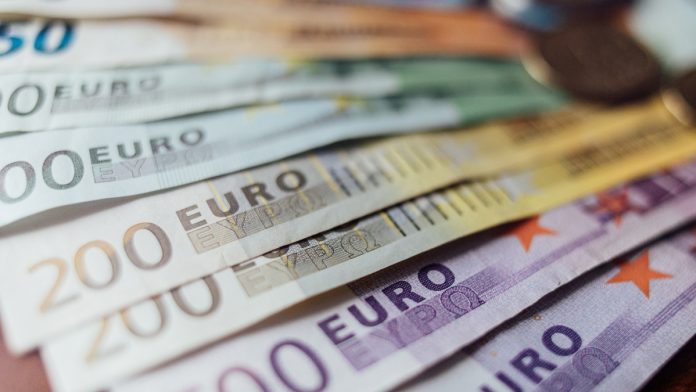- Pound (GBP) recovers from yesterday’s sell-off
- BoE’s Bailey sees inflation cooling in line with expectations
- Euro (EUR) falls after gains yesterday
- ECB Luis de Guindos supports a June cut
The Pound Euro (GBP/EUR) exchange rate is rising after losses yesterday. The pair fell -0.29% in the previous session, settling on Wednesday at €1.1664 and trading in a range between €1.1663 and €1.1739. At 10:00 UTC, GBP/EUR trades +0.14% at €1.1681.
The euro is ticking lower after strong gains in the previous session as investors continue to weigh up mixed ECB messages.
Today, ECB Vice President Luis De Guindos said that if inflation continues cooling, the ECB should cut rates.
Yesterday, ECB president Christine Lagarde boosted the euro by noting that the eurozone economy is recovering and that there are clear signs of recovery coming through.
Her comments came after comments from Austrian central bank president Holzman, who said that he wasn’t convinced that the ECB should be cutting rates so soon.
Still, the ECB is expected to cut interest rates in June, which will make it one of the first major central banks to start cutting rates.
The market is pricing in a quarter-point rate cut in June as a near certainty and expects three rate cuts of 25 basis points across the rest of the year.
Meanwhile, the pound is heading higher as investors continue to digest yesterday’s hotter-than-expected UK inflation data. The data showed that consumer prices in the UK rose 3.2% year on year in March, down from 3.4% in April.
Still, the pound sold off yesterday despite the hotter-than-expected data after Bank of England’s Andrew Bailey insisted the central bank sees strong evidence that inflation is moving in the right direction for a cut.
The question is when will the Bank of England cut interest rates. The market is currently pricing in two rate cuts by the Bank of England this year with the first move in August or September.
Meanwhile, the International Monetary Fund forecast shows that UK inflation will average 2.5% this year and 2% in 2025, similar to the eurozone’s and slightly lower than the 2.9% forecast for the United States.
Today, the UK economic calendar is quiet so attention will turn to UK retail sales data tomorrow





